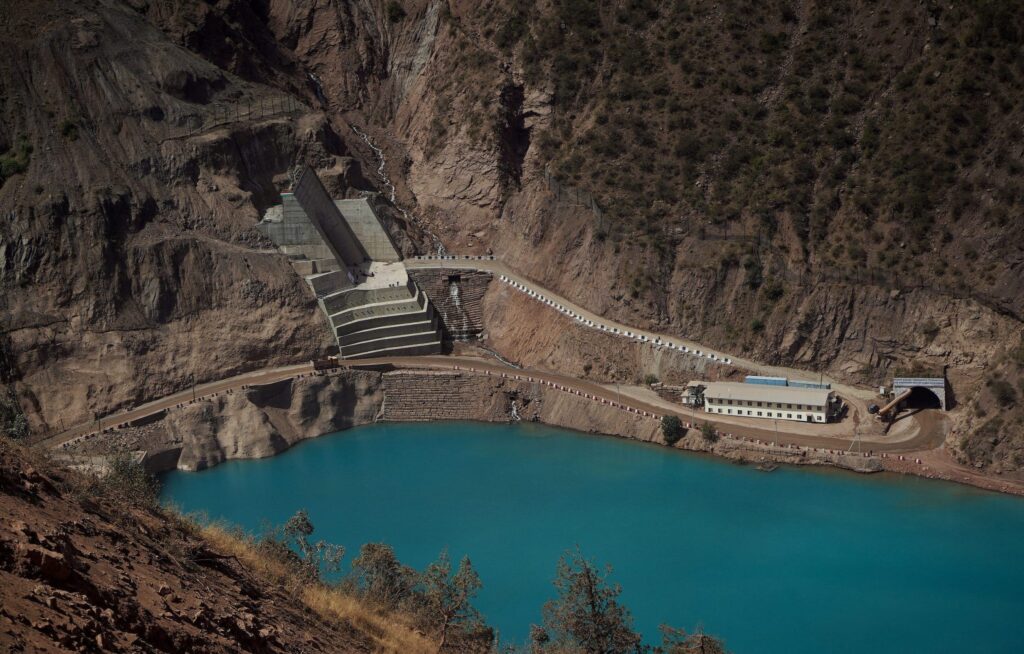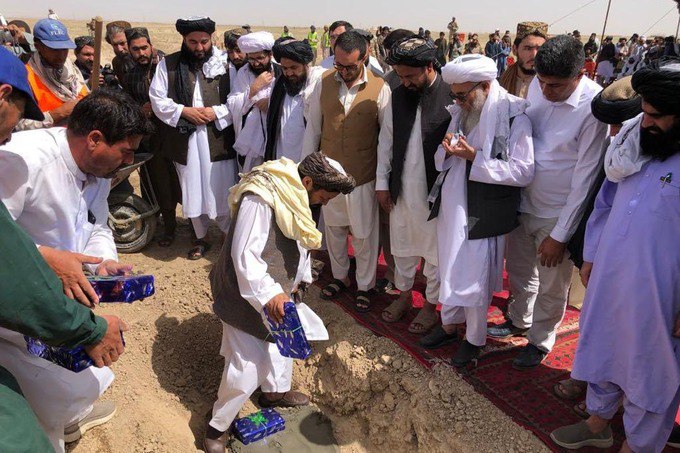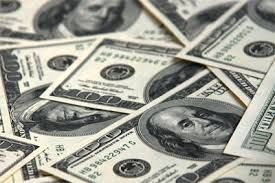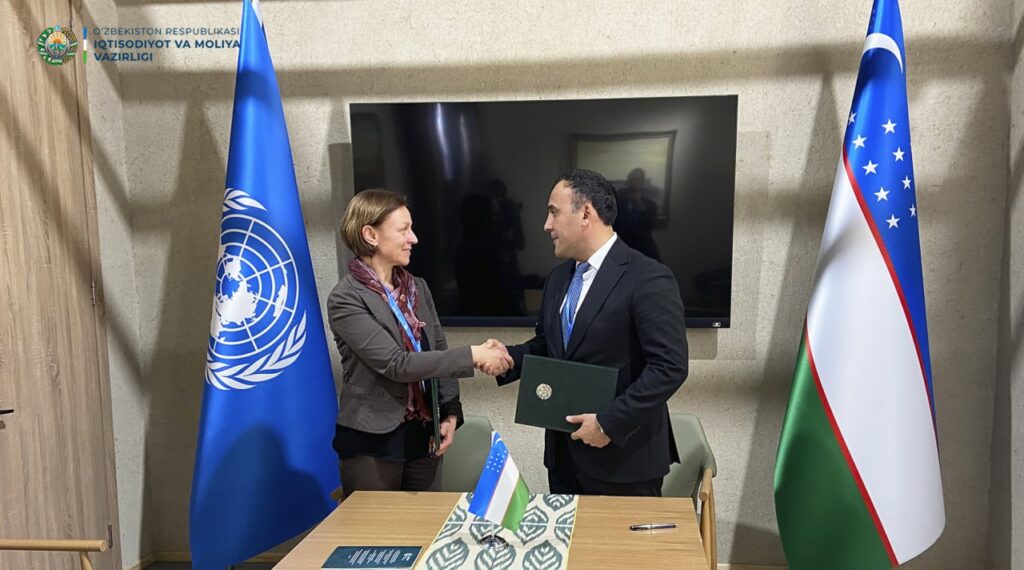BISHKEK (TCA) — The new Prime Minister of Kyrgyzstan Sooronbai Jeenbekov announced new standards of his Cabinet’s work at the first meeting of his Government on April 25.
Jeenbekov, the former deputy head of the presidential administration and former governor of the Osh province in southern Kyrgyzstan, was elected by the Kyrgyz Parliament as a new prime minister on April 13. The previous Prime Minister, Temir Sariyev, resigned on April 11, after serving for about one year.
Most of the cabinet has remained unchanged. Only three members have been replaced in the new cabinet along with the new Prime Minister — the First Deputy Prime Minister, Head of the Government’s Office, and Transport and Communications Minister. The new Government members will swear in at the Parliament on April 28. (See the list of the new Cabinet members at the bottom of the article.)
Government’s priorities
First, the Government will closer cooperate with the Parliament and the presidential administration to successfully implement key government programs. Second, a responsible approach is needed to present bills initiated by the Government in the Parliament. Prior to submission to Parliament, legislative initiatives should undergo a comprehensive discussion in ministries and state agencies, the PM said.
The cabinet members must be disciplined, Jeenbekov said. There is no need to give press conferences and interviews and appear in TV programs if there is no serious reason, he added.
The Prime Minister instructed the cabinet members to re-examine the National Sustainable Development Strategy of Kyrgyzstan until 2017 (NSDS) and to develop ministries’ action plans on its basis.
The Government’s priority is to improve the investment climate and attract foreign capital in Kyrgyzstan’s economy, he said. Each state body should ensure the inflow of investment, not only the Economy Ministry. The main role is given to local authorities in the regions. The Prime Minister tasked the Economy Ministry to draft a government decree on attracting investments by local authorities before the end of 2016.
Economic results
According to preliminary data for January to March of 2016, Kyrgyzstan’s GDP was 78.8 billion soms and the real growth rate was 95.1% (106.3% in January-March 2015), Economy Minister Arzybek Kojoshev said. A favorable factor for the national economy was the increase of remittances from labor migrants by 22.8%. Since the beginning of 2016, remittances amounted to $125 million, $24 million more than in the same period last year.
In the three months of 2016, the national budget received 8.4 billion soms more than in the same period last year, Finance Minister Adylbek Kasymaliev added.
The Government’s program should be adjusted to the current economic situation. Particular attention should be paid to tourism, textile and garment industry, and mining. Jeenbekov ordered the Economy Ministry to draft an industrialization program for 2017-2020 before October 1, 2016.
External debt
Some MPs urged the Government to amend the Law “On state and non-state debt of the Kyrgyz Republic” according to which the amount of external debt cannot exceed 60% of GDP.
The Government exceeded the limit on foreign borrowing in February, however, due to the fall of the dollar against the national currency in March, the ratio of the external public debt to GDP has fallen to 59%, said Finance Minister Kasymaliev.
National Sustainable Development Strategy
The Government has fulfilled 18 projects of the 77 projects of the National Sustainable Development Strategy. According to Minister Kojoshev, the Government plans have failed due to the economic crisis. The strategy, developed at the end of 2012, could not foresee a global crisis.
According to the NSDS, Kyrgyzstan planned to join the top 30 countries in the Doing Business ranking in 2017 but it is now at the 67th place. In the economic freedom rating, it was planned to take not less than the 40th place, but the country now ranks 96th. It was planned to reach the 60th place in the trading across borders rating, but the country remained at the 109th place, despite Kyrgyzstan is a member of the WTO and Eurasian Economic Union.
“People expect further improvement in their lives. Therefore, each manager will be personally responsible for the performance of his duties. At present, it is necessary to make an inventory of all the plans that have been developed. We need to make changes to them, taking into account comments of the Parliament deputies and focusing on the implementation of national projects,” the Prime Minister concluded.
The new Government of the Kyrgyz Republic:
Sooronbai Jeenbekov,
Prime Minister
Muhammetkaly Abulgaziyev,
First Deputy Prime Minister (ex-Chairman of the Social Fund, replaced Aaly Karashev who is now First Deputy Head of the Presidential Administration)
Oleg Pankratov,
Deputy Prime Minister
Gulmira Kudaiberdieva,
Deputy Prime Minister
Akylbek Osmonaliyev,
Head of the Government’s Office in the rank of a Minister (ex-Chairman of the Kyrgyz National Statistics Committee, replaced Nurhanbek Momunaliyev)
Erlan Abdyldayev,
Foreign Minister
Melis Turganbaev,
Internal Affairs Minister
Jyldyz Mambetalieva,
Minister of Justice
Adylbek Kasymaliyev,
Finance Minister
Arzybek Kojoshev,
Economy Minister
Turdunazir Bekboev,
Agriculture and Land Reclamation Minister
Zamirbek Aydarov,
Transport and Communications Minister (ex-Director of the Road Management Department under the Ministry of Transport and Communications, replaced Argynbek Malabayev)
Kubatbek Boronov,
Emergency Situations Minister
Elvira Sariyeva,
Education and Science Minister
Talantbek Batyraliyev,
Healthcare Minister
Altynbek Maksutov,
Culture, Information and Tourism Minister
Kudaibergen Bazarbayev,
Labor and Social Development Minister
Abdil Segizbayev,
Chairman of the State Committee of National Security
Marat Kenjisariyev,
Chairman of the State Committee for Defense Affairs







